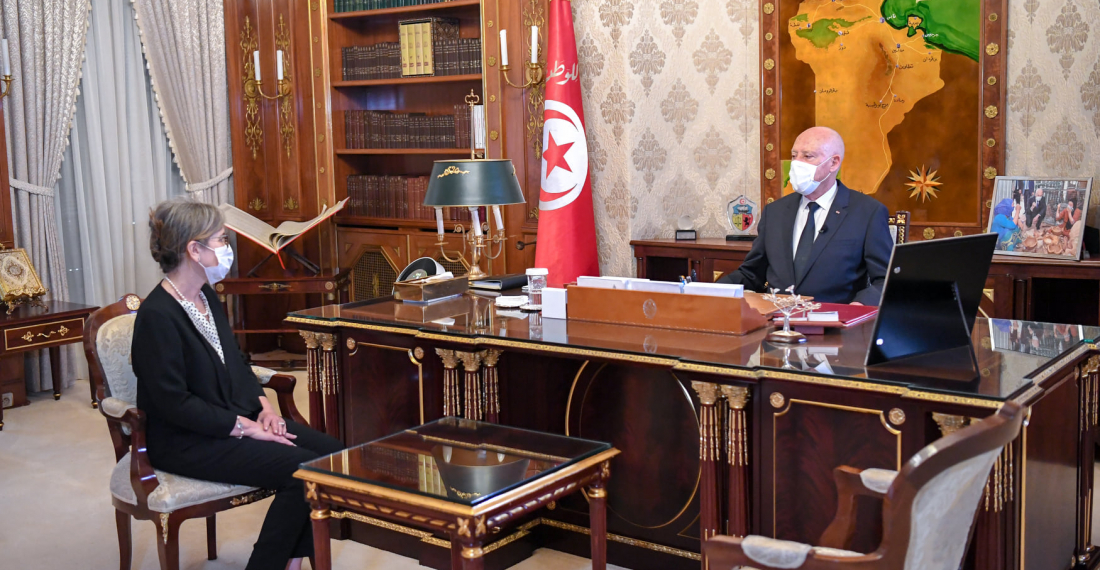After weeks of suspense, President Kaïs Saïed instructed academic Najla Bouden to form a government in Tunisia, the presidency announced on Wednesday (29 September). This is the first time that a woman will lead the Tunisian government.
Saïed had sacked the previous cabinet, froze parliament and also granted himself judicial power on 25 July. A month later, the president extended the state of emergency "until further notice", announcing that a government would be formed in the following days, which never happened.
Bouden was "charged with forming a government as soon as possible," the presidency said in a statement, repeatedly emphasising the "historic" nature of the appointment, for the first time, of a woman to this post. “It is an honour for Tunisia and a tribute to Tunisian women."
However, the powers granted to the head of government were considerably weakened by the "exceptional measures" adopted by the president on 22 September, which suspended the application of key chapters of the Constitution. Now, on the basis of the "exceptional measures" taken in time to carry out a series of "political reforms", Saïed himself chairs the Council of Ministers.
Born in 1958 and a scientist by training, Bouden is unknown to the general public. Prior to her surprise appointment, she was executive director of a higher education reform project and before that, she presided at the ministry of higher education.
Bouden's appointment re-enforces Tunisia's reputation as the Maghreb country at the forefront for the emancipation of women since the mid-1950s.
The main mission of the future government will be "to put an end to the corruption and chaos that has pervaded many state institutions," Saïed told Bouden in his office as shown in a video published by the presidency. He instructed her to form a new government and present it to him "in the next few hours or days".






